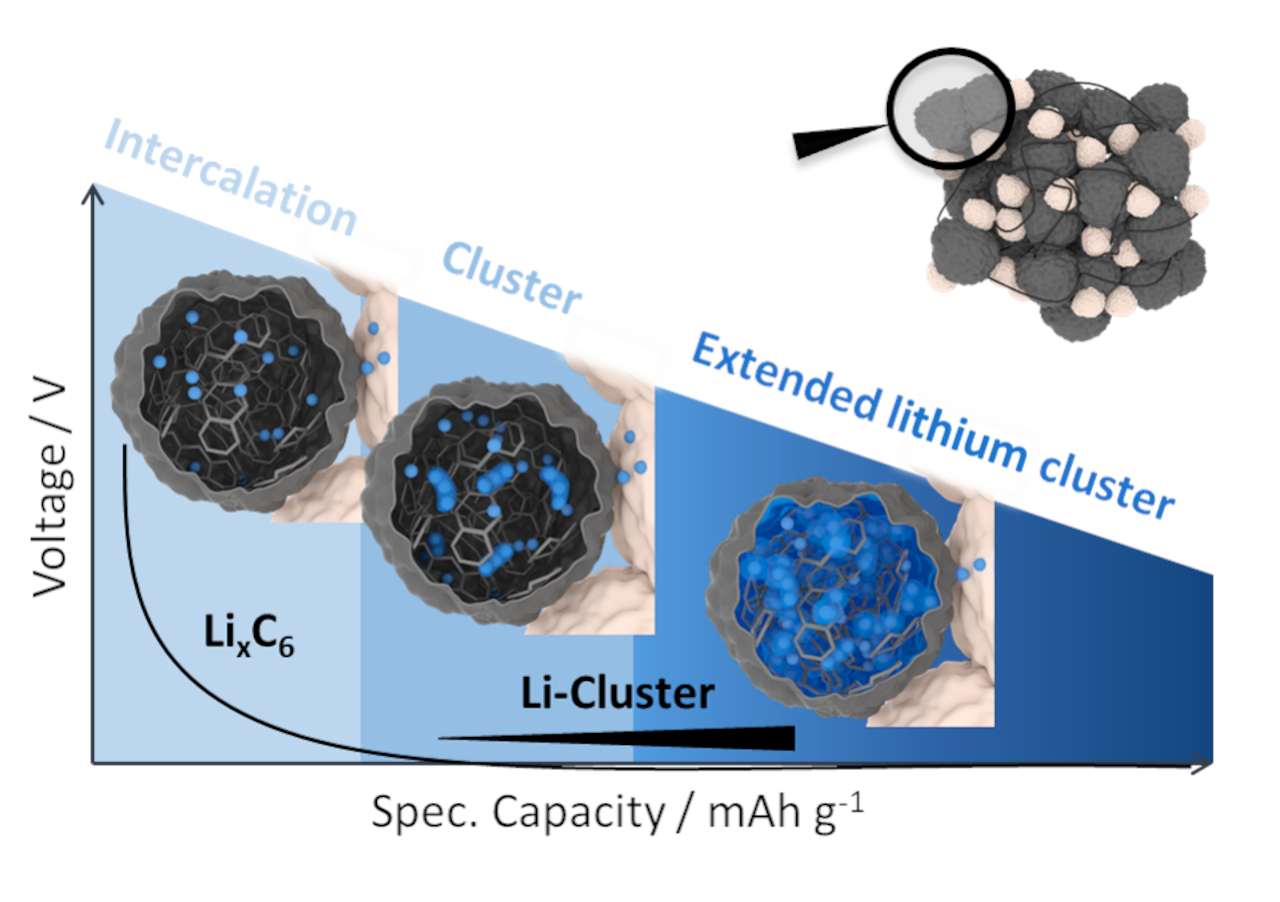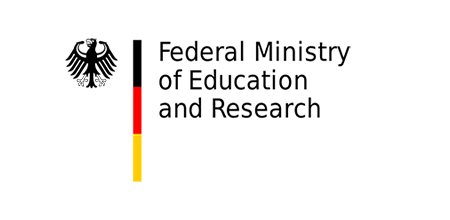BMBF competence cluster for solid-state batteries (FestBatt)
Motivation
Solid state batteries are a promising concept for the further development of currently available batteries. They are very similar to conventional lithium-ion batteries with liquid electrolytes and differ from them mainly in that a solid electrolyte is used instead of a liquid electrolyte. This difference plays a major role in ensuring that solid-state batteries can offer higher storage capacities, shorter charging times and greater safety in the long term than conventional lithium-ion batteries. The "FestBatt" competence cluster is working interdisciplinarily on the production, optimization, processing and upscaling of suitable solid electrolytes for the batteries of the future.
Aims
The aim of FestBatt is to secure the evaluation of new materials by industry and application-oriented institutes. The necessary competencies in the areas of development, production, optimization and upscaling of suitable solid electrolytes are bundled in the FestBatt cluster. 21 groups at 12 scientific institutions throughout Germany are working on this. Representatives of selected industrial companies are supporting the project. The competence cluster is coordinated by the Center for Materials Research (ZfM) at Justus Liebig University in Giessen. The cluster is integrated into the umbrella concept of the Federal Ministry of Education and Research (BMBF) for battery research.
The Fraunhofer IWS participates in the platforms "Thiophosphates" and "Production".
 Fraunhofer Institute for Material and Beam Technology IWS
Fraunhofer Institute for Material and Beam Technology IWS

